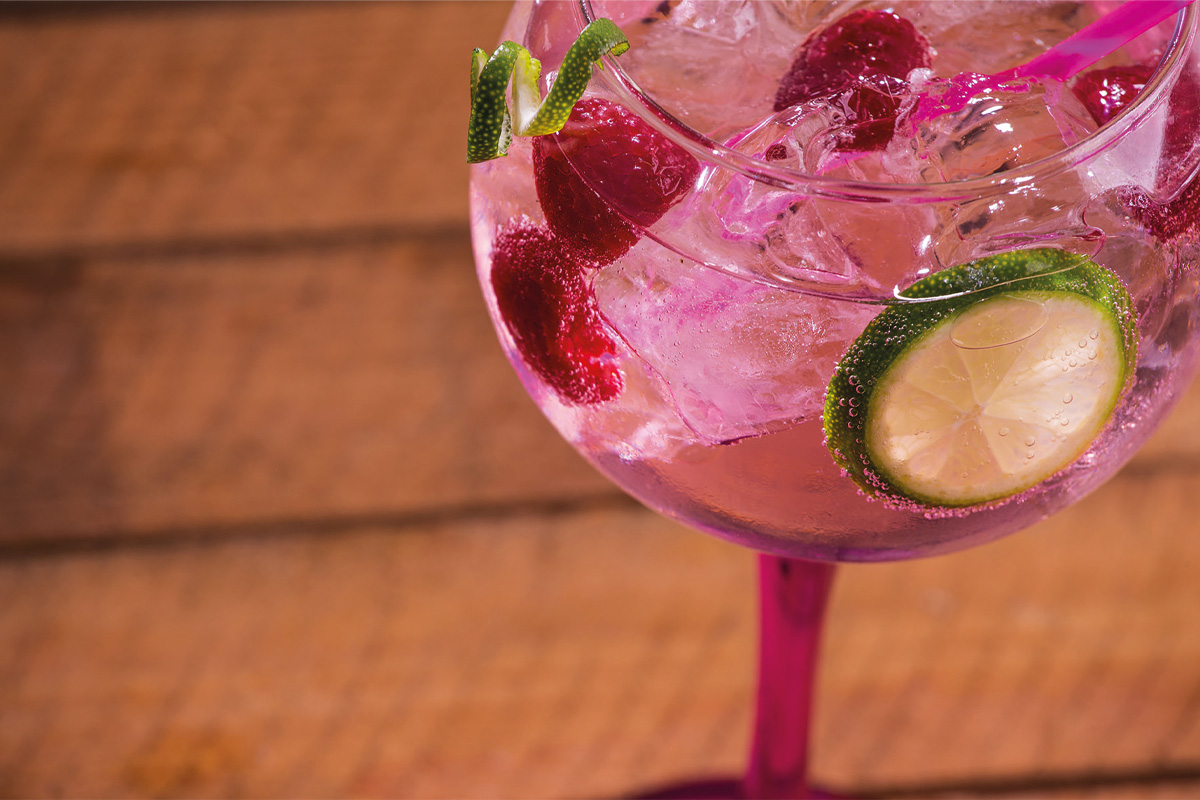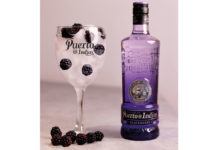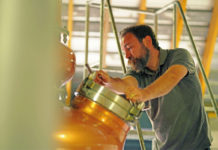Despite increasing competition, producers are confident gin will continue to flourish

IT’S no secret that the gin category has exploded over the past decade, and with so many products available for licensees to choose from, deciding which bottles to stock on the back-bar is a lot more complicated than it once was.
But selecting from this plethora of tastes and styles to find the gin that’s right for your individual venue isn’t likely to get any easier anytime soon.
Two Scottish producers told SLTN they believe the gin category will continue to expand in 2023, even as producers find it more difficult to differentiate themselves in such a busy market.
“It is evident that the spirits industry as a whole is proving a lot more competitive,”
said Colin Reid, business development executive at International Beverage, the producer of Caorunn.
“In 2019, 95% of brand activation and distribution across the Scottish on-trade was gin orientated.
“However, recent years have seen vodka, but also single malt, rum and tequila brands all investing more heavily in these areas.
“This can make it even more challenging for gin brands to compete.”
That was supported by Hannah Alexander, head of marketing at Wemyss Family Spirits, the company behind Darnley’s Gin, who said that the UK overall ‘remains the most competitive market in the world for gin’.
Flavoured gins have been one of the big growth areas in recent years, with a lot of new products appearing in wholesalers and distillery shops.
They’ve clearly become big business for distillers, and Reid said that a recent launch from Caorunn was driven by consumer research that identified blood orange as a particularly popular choice.
A desire for new flavours also seems to be carrying across to the way customers are drinking their gin in bars and pubs.
“One of the reasons that gin remains so popular is that it can carry big flavours,” said Alexander.
“Gin and tonic will still remain part of the repertoire but we are already seeing an explosion in gin cocktails like the Negroni and Martini.”
“Consumers are going out less, and drinking less, but when they do they are investing more in it.
“They want excellent drinks along with the experience that they can’t create in the home.”
Ultimately, said Reid, quality is likely to be the biggest factor in which products prove the most popular with discerning drinkers.
“Taste is of top priority to gin consumers,” he said.
“When the gin boom kicked in, there was a lot of experimentation with consumers trying new and different gins.
“However, it seems many consumers now know what they like.
“How a gin tastes is the most important factor in achieving brand loyalty.”























